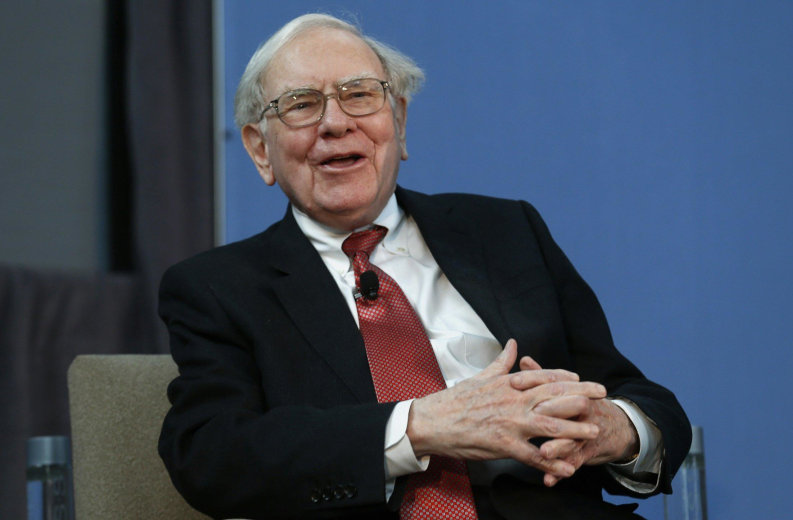But that's not necessarily a bad thing as hopefully more people have come to better understand the risks associated with excessive mortgage borrowings in relation to their current and projected income.
In simple language, borrowing to buy a house is no longer viewed as a no-brainer. In fact, it never was.
Young families have only recovered a third of their wealth from Great Recession has the facts:
That’s not the case for the average middle-age or older family, which have nearly recovered to precrisis levels, the report said.
The main factor is that the home-price gains that have helped mainly older families rebuild equity has been more than offset by younger families’ retreat from homeownership.
“The homeownership rate among younger households has plunged in recent years, reflecting both the loss of many homes through foreclosure or other distressed sales, plus delayed entry into homeownership among newly formed households. The house-price gains that have helped mainly older families to rebuild homeowners’ equity have been overshadowed among younger families by their ongoing retreat from homeownership as they struggle with excessive mortgage debt,” the report said.
The homeownership rate for the under-40s has dropped to 42.2% in 2013 from 50.1% in 2005. Middle-aged families (those led by someone 40-61) have seen their homeownership rate drop to 72.1% from 76.9% in 2005.
More depressingly, the report says the homeownership rate may never return to its peak level. While “at some point” it should stabilize for individual age groups and the population as a whole, the 2004 to 2006 levels may never reappear."
Summing Up
Housing prices continue to recover from recession lows, albeit slowly.
And new home construction remains at dramatically lower levels than the peak of a few years ago.
In addition, lenders are now requiring borrowers to have considerable "skin" in the game in the form of as much as 20% down payments. {NOTE: Although that 20% down payment was a standard condition for getting a loan in the 1970's, it had become a relic of the past in recent decades.}
Finally, today's low interest rates won't last forever, and that will make home prices and affordability even a greater challenge in future years.
My take on all this is straightforward: It's the "new normal," and all things considered, that's a good thing.
Thanks. Bob.
The main factor is that the home-price gains that have helped mainly older families rebuild equity has been more than offset by younger families’ retreat from homeownership.
“The homeownership rate among younger households has plunged in recent years, reflecting both the loss of many homes through foreclosure or other distressed sales, plus delayed entry into homeownership among newly formed households. The house-price gains that have helped mainly older families to rebuild homeowners’ equity have been overshadowed among younger families by their ongoing retreat from homeownership as they struggle with excessive mortgage debt,” the report said.
The homeownership rate for the under-40s has dropped to 42.2% in 2013 from 50.1% in 2005. Middle-aged families (those led by someone 40-61) have seen their homeownership rate drop to 72.1% from 76.9% in 2005.
More depressingly, the report says the homeownership rate may never return to its peak level. While “at some point” it should stabilize for individual age groups and the population as a whole, the 2004 to 2006 levels may never reappear."
Summing Up
Housing prices continue to recover from recession lows, albeit slowly.
And new home construction remains at dramatically lower levels than the peak of a few years ago.
In addition, lenders are now requiring borrowers to have considerable "skin" in the game in the form of as much as 20% down payments. {NOTE: Although that 20% down payment was a standard condition for getting a loan in the 1970's, it had become a relic of the past in recent decades.}
Finally, today's low interest rates won't last forever, and that will make home prices and affordability even a greater challenge in future years.
My take on all this is straightforward: It's the "new normal," and all things considered, that's a good thing.
Thanks. Bob.

